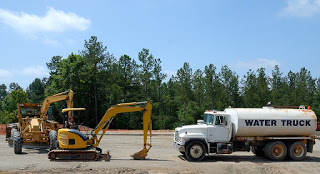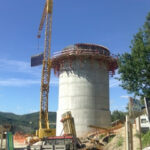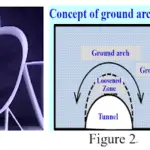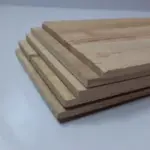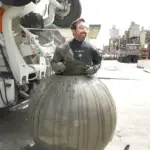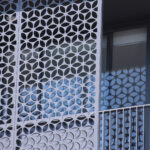I had recently written an article about what is soil cement, what are the different ingredients in soil cement, how soil cement is used in highways and pavements and also what are the different types of soil cement. Now one of our fan and follower have given us a question that why should we use soil cement, what actual are its benefits.
So today I decided to give answer to this young fellow, actually Soil Cement as already explained is a perfect example of sustainable and environmental friendly construction. You simply can use the recycled asphalt or reclaimed asphalt after pulverizing into powder form you can put it in the soil cement as the soil.
But that’s only one way to deal with it. However there are several other advantages and uses of soil cement that will drive and drag you to opt soil cement as your next construction material if you want to make a cemented parking lot or some sort of entrance to your garden or lawn.
to know more about soil cement just click here
Fast Construction
You know in typical granular fill material you need to compact as long as the slush and the underneath soil is permanently settled ideally which is of course not possible. However Soil cement is stable immediately after construction and gains strength rapidly. The modern methods and equipments make soil-cement process very simple and efficient.
Recycling of existing material
As I have already mentioned, you make a good, efficient and strong soil-cement pavement out of trash old flexible pavement which is of no use. This has been done for years actually. Failed flexible pavements having rutting or potholes and which is of no use, can be salvaged economically by recycling and breaking and pulverizing them up and then after addition of just small amount of cement you can make it stable soil-cement.
Low Initial Cost
As we know that in the ingredients to make a soil cement the only expensive raw material was cement other all materials are generally and usually available at site. So no need to borrow expensive materials thus not only make it economical but also make its construction fast. If you go for general traditional base course you might need to buy expensive base course material from the site which can give you expenses of hauling and spreading and other machine expenses, which is not the case with soil cement.
Resistance against frost and moisture content
We in ordinary base course materials face a very drastic problem; if the underneath moisture raises upto the subbase material it gets consolidated or settles under the traffic load and eventually cracks will appear on the top wearing course. Similarly if in cold climate the water become frozen the same stresses will deteriorate the top wearing course and the actual pavement matrix will be damaged.
Strength
From the general chemistry of Cement we know that the hydration reaction of cement is never ending; i.e. the hydration continues and the cement gets more and more strength which is a proof of its greater strength. The cores taken from soil-cement pavement have shown that with the passage of time its strength increases making it a more sustainable material than other available and possible alternatives.
Like Us on Facebook!
Stiffness and Slab like behavior
Soil-cement is actually the best option where you know that underneath soil is not that much bearable of heavy traffic loads. Soil-cement have a slab-like behavior making it more stiff and hard than ordinary base course material. In soil-cement the load is distributed over a larger area making it more sustainable and also reduces the subgrade stresses and allowing the base to maintain its original grade for many years without any repair.
Subscribe Us on YouTube!
So these are many I think and sufficient enough to let you know that soil cement has many advantages and features.

